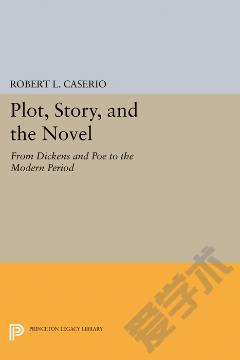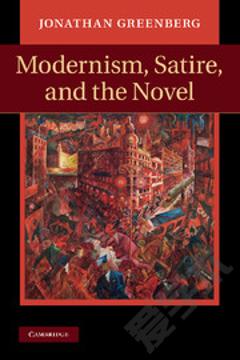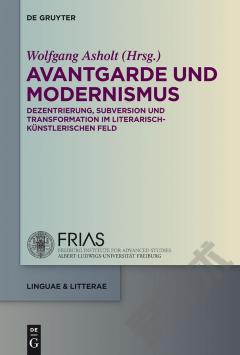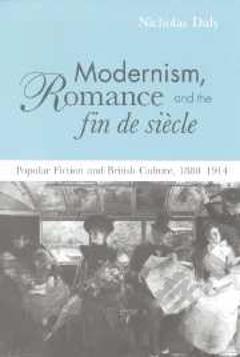Modern Romance and Transformations of the Novel: The Gothic, Scott, Dickens
Modern Romance examines the relationship between the revival of romance form and the ascendancy of the novel in British literary culture, from 1760 to 1850. The revival of romance as the literary embodiment of a national cultural identity provided a metaphor for the 'authenticity' of the novel itself, set against the changing formations of modern life. The material conditions, cultural status and formal repertoire of prose fiction were given a canonical transformation, leading to the form's nineteenth-century heyday, in Scott's Waverley novels. Ian Duncan's illuminating and innovative study begins with the first identification of modern prose fiction with romance form in the late eighteenth-century Gothic novel, and moves through Scott's highly influential dialectical blend of romance and history, to his relations with his successor in the role of national author, Charles Dickens.
{{comment.content}}








 京公网安备 11010802027623号
京公网安备 11010802027623号